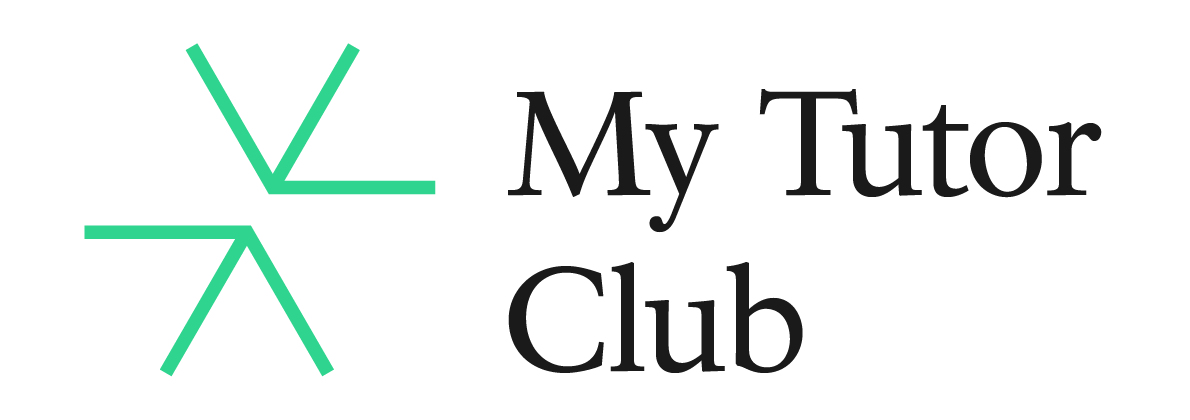We ask one of our leading tutor’s for his opinion and some insight into his own personal experiences around mindsets. The YouTube video “RSA Animate: How To Help Every Child Fulfil Their Potential” only lasts ten minutes but it totally inspired me as a tutor, and I’ve seen it inspire other tutors and students too in just the same way.
The core of the video is the audio taken from a lecture given by Professor Carol Dweck from Stanford University, and deals with how children learn differently if they have a “fixed mindset” or a “growth mindset”.
What’s the difference between a fixed and a growth mindset?
In general, people with fixed mindsets would view other people as “good at sports” or “bad at Maths”; and would evaluate skills in the manner of “essay writing is easy” or “understanding Shakespeare is hard”.
On the other hand, someone with a growth mindset would view other people as “they have worked hard at sports” or “they have had no help with Maths”; and would evaluate skills in the manner of “I’ve improved with each essay I’ve written” or “I can’t understand Shakespeare yet because I haven’t had enough time”.
Why is this important?
A fixed mindset is preoccupied with the status of people and skills, whereas a growth mindset is preoccupied with the process of learning. It’s unsurprising that, according to Professor Dweck’s research, people with growth mindsets are happier learners, and do better in academic work and extracurricular pursuits too.
How can I help my child fulfil their potential?
The video explains the possible origins of these mindsets, and draws upon studies of learners around the world to create a very persuasive argument. I’m not going to try to improve on Carol Dweck’s work, but what I can offer is how her research has helped my own students.
Case study: the problem
A Russian student preparing for a 13+ assessment at an English school was head of the year at her Russian-speaking school, Moscow’s under-13s Badminton champion, and always got top marks in her class. English was her second language, but rather than view her time with me as an opportunity to learn and improve, she viewed it as a time when she would “be bad at English”.
When looking at English comprehension, she would rather pretend to understand a word than ask what it meant, because to ask for help would show defeat. Sometimes, she would just walk away from the table, sulking. A nightmare for a tutor: how do you teach a student if you can’t know what the problems are?
Case study: the solution
That’s why it became clear that she needed to watch this video, and to understand it too. We spent a whole lesson on it, first discussing it, then making a poster of things that fixed mindset people and growth mindset people might say. We put her poster up on the wall, and kept referring to it, in all lessons.
Case study: the result
I’m delighted to say that before long, she began to ask questions, to take pleasure in learning new words, and to enjoy writing them in her vocabulary book. She delights at rifling through the book and seeing all the progress she has made. She has begun to love learning, not just top grades.
Two stars and a wish
Professor Dweck’s research also challenges the way we praise and assess students. I love to mark work using a method some people call “two stars and a wish”: write down the best thing about the work, the second best thing about the work, and the one most important thing to improve it for next time. Marking as it should be, two parts praise to one part criticism, and not based on score or percentage. In my experience, children don’t tend to remember the things you criticise them for, but the things you praise them for they’ll remember forever.
Praising growth and development
But Professor Dweck’s argument throws this form of marking into sharp relief. Surely the most powerful form of praise for a learner is to praise them for learning? The really powerful thing to do is to show how learners have progressed, how they have tried to slowly but surely improve upon their work over time, piece by piece. That requires assessment that evaluates the long-term progress, and praises a student for dedication and improvement. Harder? Yes. Worth it? Absolutely.
Final thought
I remember my school gave out end of year prizes for “Effort” and “Attainment” in all subjects. I also remember that my friends and I derided the Effort prizes as stupid. Well, after watching that video, I still wouldn’t see the two categories as equal. I’d get rid of the Attainment prizes altogether.
At My Tutor Club we offer a School Advisory Service tailored to helping you gain admission to the top school of your choice. To find out more about how we can help you get into your chosen school or university, please contact us.
